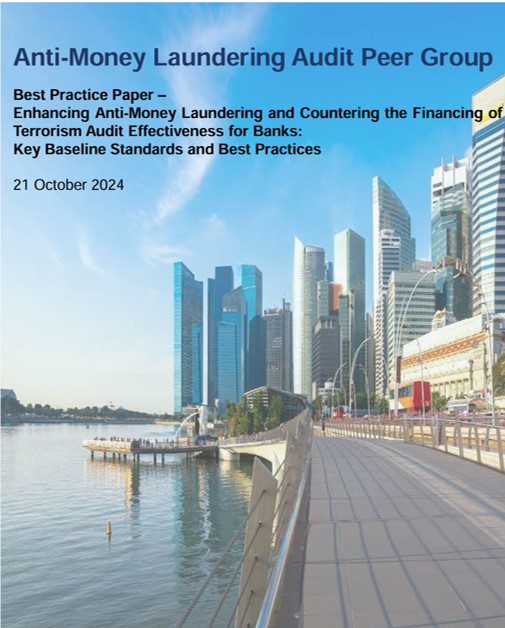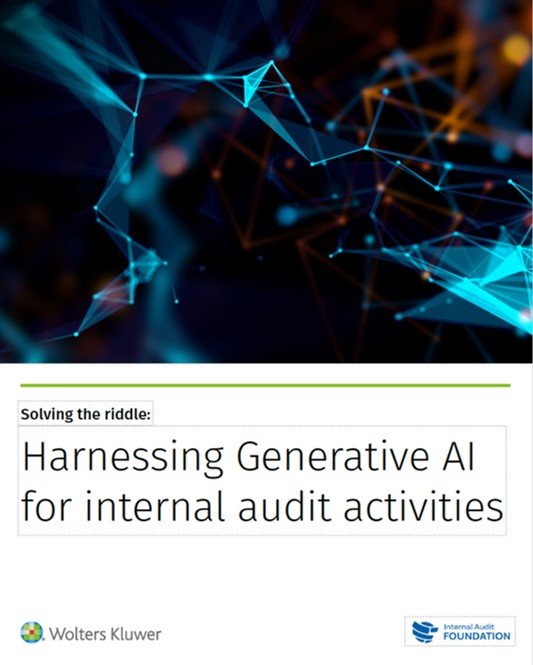The risk of fraud is present in all organizations to a greater or lesser degree, depending on various internal factors (organizational culture; level of maturity in corporate governance, risk management, and internal control; type and size of business; etc.) and external factors (industry; national/regional context; market in which it operates; etc.). Unfortunately, fraud is a risk that can affect any organization at any time — in normal times and in times of crisis. Furthermore, in times of crisis, the risk of fraud may increase, as some people may find a reason (pressure/incentive), an opportunity (chance), or a justification (rationalization) to commit irregularities.
In times of crisis, such as the current COVID-19 pandemic (a health crisis that also generated a social and economic crisis), some people may decide to commit fraud for the first time. Those who are accustomed to committing fraud may also try to take advantage of the circumstances to commit new or greater irregularities. Committing fraud at any time is reprehensible, but even more so when it is committed in times of crisis, even sometimes by appropriating resources intended to help overcome the crisis.
As a contribution to the global fight against fraud and corruption, the Latin American Found A Blueprint to Managing Corporate Fraud Risk During a Pandemic offers a practical approach to directly address the scenario of an increased risk of fraud (corruption, misappropriation of assets, fraudulent financial statements) in organizations due to the pandemic.




